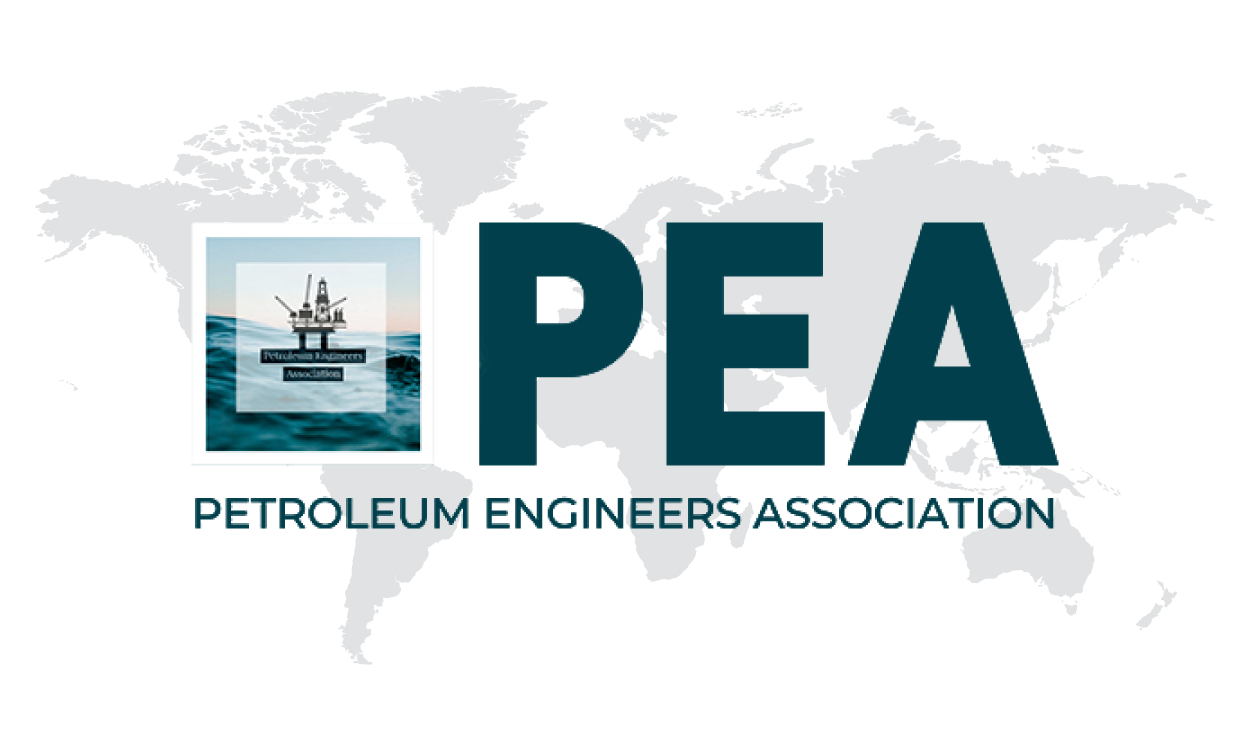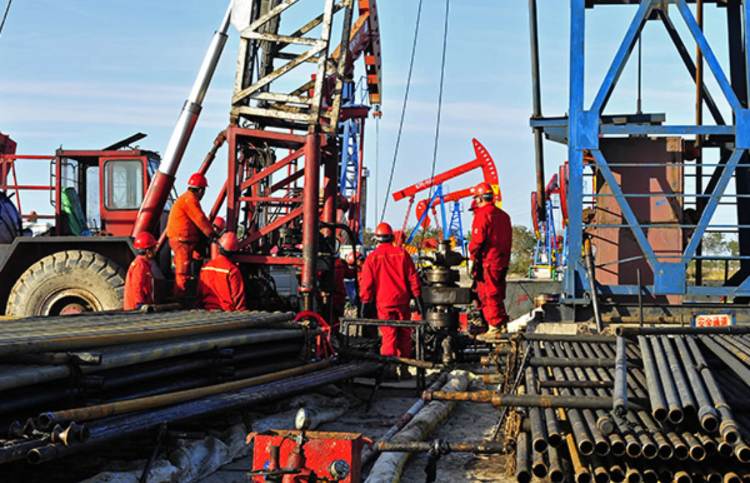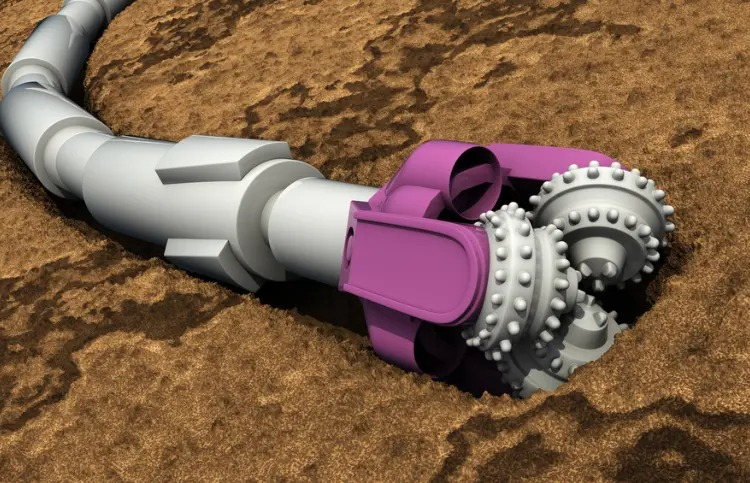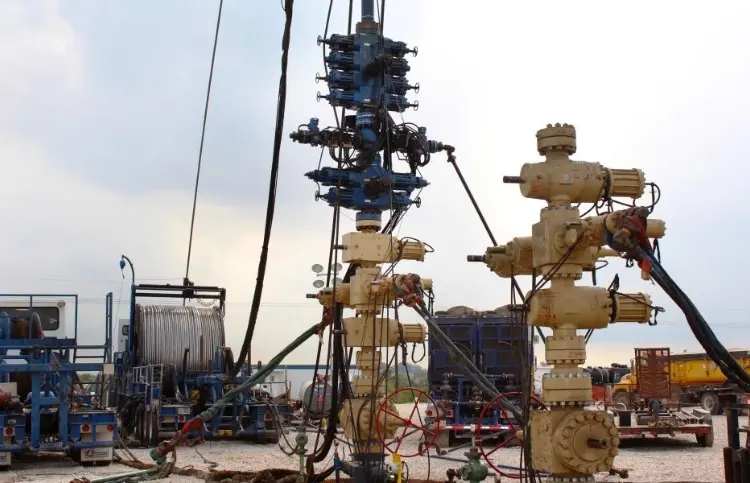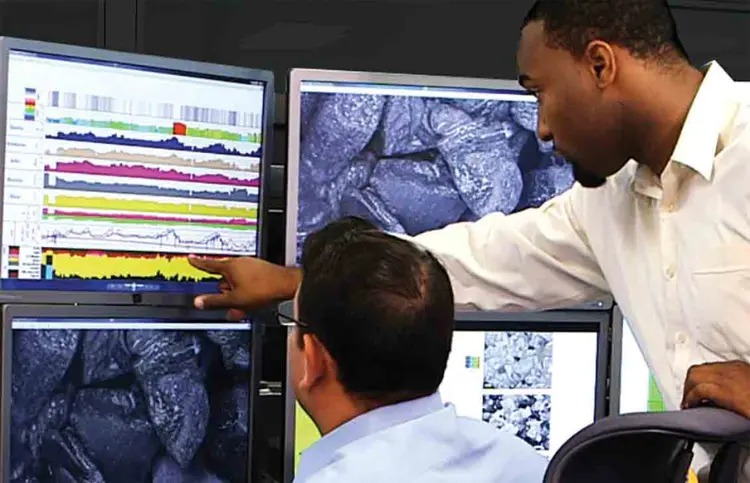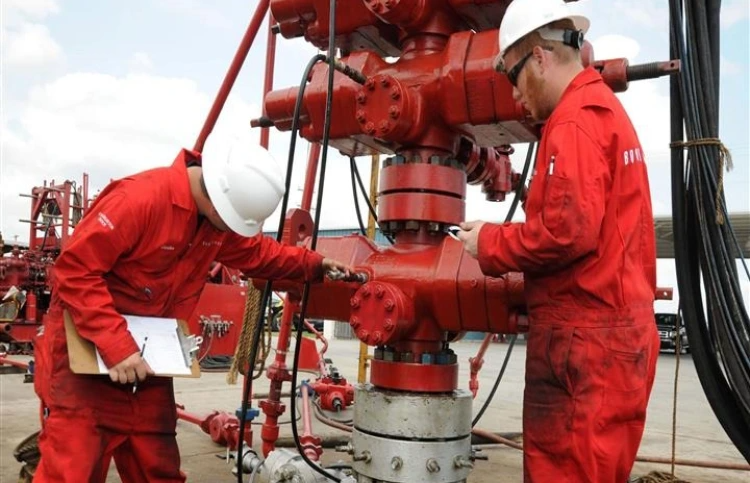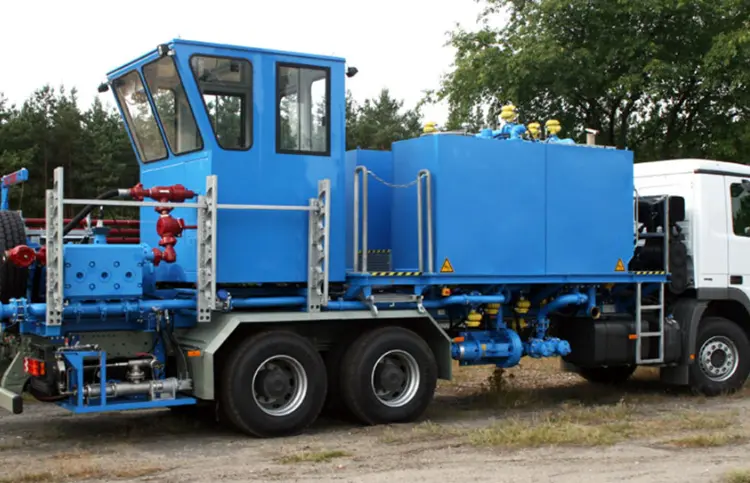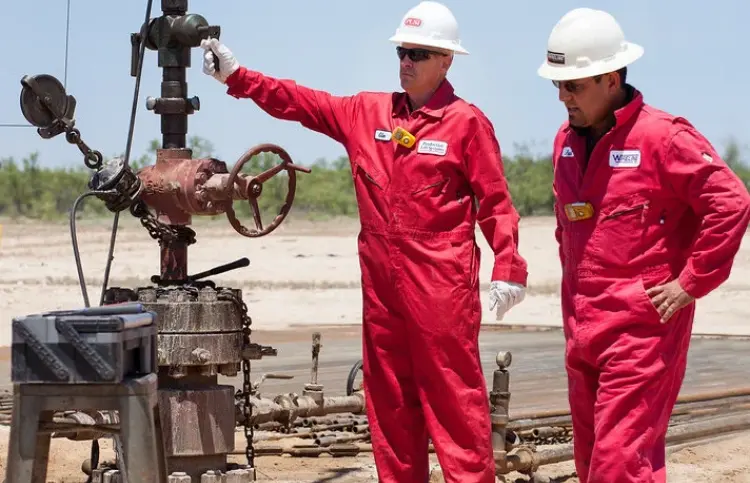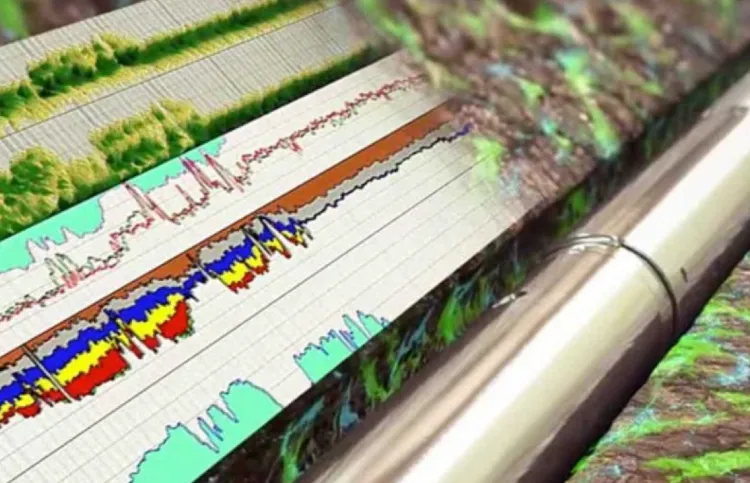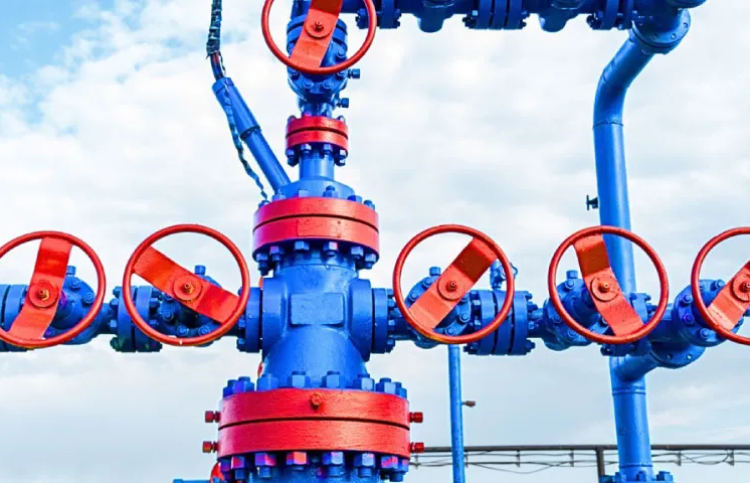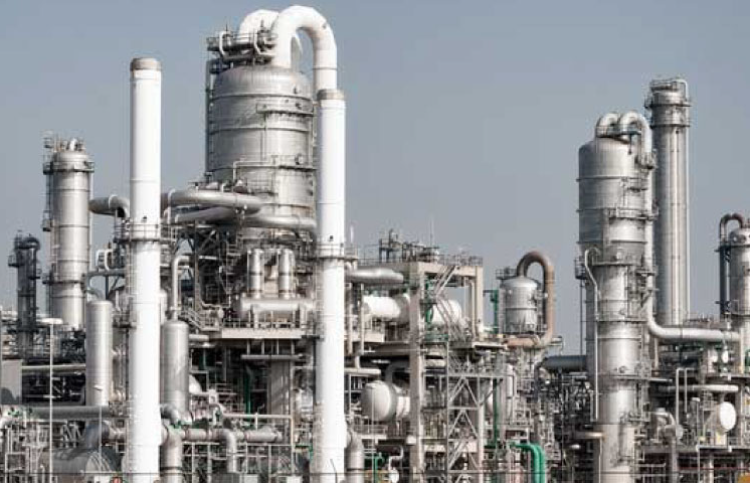Well Intervention Operations
| Code | Duration | Currency | Fee Per Person |
|---|---|---|---|
| WI-PEA |
25 Hours
|
USD
|
450
|
This is a self-paced, on-demand e-learning course. Upon enrollment, all course videos and materials will be delivered to your email within 12 hours. A certificate will be issued upon successful completion of the required quizzes and assignments.
Boost your team's skills and your budget! Enjoy group discounts for collaborative learning. Send an inquiry to info@peassociations.com.
Well Intervention Operations
Description
Well intervention operations are critical for maintaining, enhancing, and restoring hydrocarbon production throughout the life of a well. From routine maintenance to complex remedial operations, these interventions ensure well integrity, optimize production, and extend field life.
This course delivers a thorough understanding of well intervention methods, equipment, safety considerations, and operational practices. Participants will explore coiled tubing, wireline, slickline, and hydraulic workover interventions, learning how to select the appropriate technique for different well challenges.
The oil and gas industry relies heavily on well interventions to maximize productivity and ensure well integrity. Whether it involves logging, fishing, stimulation, or equipment replacement, interventions require technical expertise and strict adherence to safety standards.
This course introduces the principles and applications of well interventions, covering planning, execution, and risk management. It provides participants with a structured approach to understanding intervention technologies and their role in achieving production goals.
By the end of this course, participants will be able to:
-
Understand the purpose and types of well intervention operations
-
Plan and design safe and effective well intervention programs
-
Select and apply the right intervention techniques (e.g., slickline, wireline, coiled tubing)
-
Analyze well performance and identify intervention opportunities
-
Mitigate operational risks and handle downhole challenges
-
Evaluate the success and efficiency of intervention activities
This program is delivered entirely online in a self-paced format, providing:
-
Pre-recorded expert-led modules.
-
Case-based learning to connect theory with field practices.
-
Practical insights into intervention techniques.
⚠️ Please note: There are no live classes and no downloadable resources. Learning is fully flexible and accessible on demand.
Upon completion, participants will bring back valuable knowledge and skills that contribute to:
-
Enhanced well productivity and uptime
-
Reduced intervention costs through better planning and execution
-
Improved safety and compliance in field operations
-
Optimized resource allocation and equipment usage
-
Strengthened in-house expertise in intervention planning and supervision
Participants will gain:
-
A strong technical understanding of well intervention tools and procedures
-
Practical skills in job planning, execution, and troubleshooting
-
Increased confidence in handling field operations and decision-making
-
A competitive edge in their career with specialized intervention expertise
-
Opportunities for advancement into supervisory and technical leadership roles
This course is ideal for:
-
Well intervention and completion engineers
-
Production and operations engineers
-
Field supervisors and wellsite personnel
-
Drilling and workover engineers
-
HSE professionals involved in well operations
-
Technical managers and advisors seeking deeper intervention insights
-
Overview of Well Intervention
-
Types of Well Interventions: Light vs Heavy
-
Key Objectives and Benefits
-
Safety and Risk Considerations
-
Well Integrity and Barrier Philosophy
-
Well Completion Basics
-
Regulatory Framework and Industry Standards
-
Introduction to Slickline Equipment and Tools
-
Common Slickline Operations: Setting/Pulling Plugs, Gauges, and Valves
-
Braided Line vs Slickline: Applications and Limitations
-
Fishing Operations and Techniques
-
Data Acquisition Using Slickline
-
Pressure Control Equipment for Wireline Operations
-
HSE Considerations in Wireline Work
-
Coiled Tubing Fundamentals
-
Surface Equipment and String Design
-
Common CT Applications:
-
Wellbore Cleanout
-
Acidizing
-
Sand Removal
-
Nitrogen Lifting
-
-
Fluid Pumping and Nitrogen Applications
-
Real-Time Logging with CT
-
Case Studies of Successful CT Operations
-
Introduction to Electric Line (E-Line) Logging and Perforating
-
E-Line Toolstring Components and Applications
-
Tractor Conveyance for Highly Deviated Wells
-
Explosives Handling and Safety Protocols
-
Memory and Real-Time Logging Tools
-
Advanced Diagnostics with E-Line
-
Planning and Execution Best Practices
-
Intervention Planning and Program Development
-
Diagnostic Techniques: Pressure/Temperature Analysis
-
Selecting the Right Intervention Method
-
Budgeting and Cost Estimation
-
Job Execution and Post-Job Reporting
-
Lessons Learned from Global Field Cases
-
Final Group Exercise & Assessment
On successful completion of this course, PEA Certificate will be awarded to the delegates.
This course has been meticulously developed by a seasoned PEA expert renowned in the oil and gas industry. With extensive hands-on experience and a proven track record in delivering innovative solutions, our trainer brings a wealth of technical expertise, deep industry insight, and a commitment to excellence. Learners can trust that they are gaining knowledge from a leading authority whose dedication to professional development ensures you receive only the highest-quality training to elevate your skills and career prospects.

